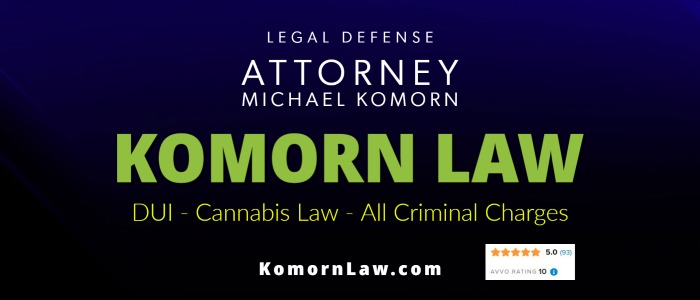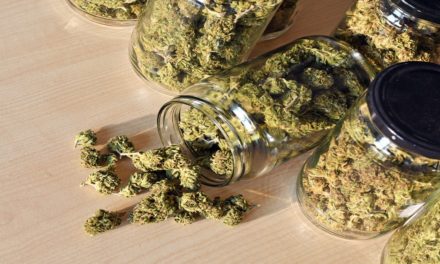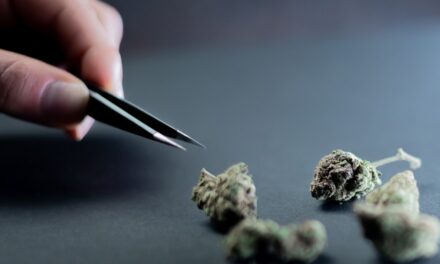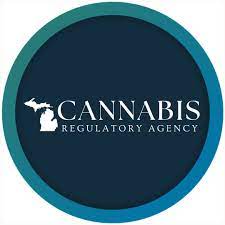Michigan State Police Lt. Chris Hawkins knows where the illegal weed is.
He’s sent undercover police officers to dispensaries, who have bought “medical” marijuana without having to show patient registration cards or any form of I.D.
Will he go after the people who sold the cops weed? Probably not.
Hawkins, who is in charge of the state police’s Marihuana and Tobacco Investigation Section, said his department has limited resources to address black market marijuana.
“We want to try to focus our resources in areas where we will obtain criminal charges and prosecution,” Hawkins said.
Fortunately for most of the brick-and-mortar criminal enterprises in the state, they’re located in counties where prosecutors aren’t hard on weed, Hawkins said.
And so the police let it slide. The issue is rampant.
“We’re literally seeing hundreds of businesses that have opened up across the state and sell recreational marijuana without a license,” Hawkins said.
It’s caught the attention of both Marijuana Regulatory Agency Director Andrew Brisbo and Attorney General Dana Nessel, who had a meeting about illegal operators.
“We talked about, at some point we really have to start coming down on those who are operating illegally. Just the same way we would, by the way, if you were selling cigarettes illegally. Just the same way we would if you had manufactured moonshine in your bathtub, and nobody had tested that to find out if it was safe, and you didn’t have a license to sell it,” Nessel said of her conversation with Brisbo. “So, at some point, you know, that’s going to be part of the function of our office is to make certain that the laws are enforced and that it’s properly regulated.”
The Marijuana Regulatory Agency responded to questions from MLive with the following statement: “The MRA cooperates closely with our law enforcement partners — particularly the Michigan State Police — and will continue to forward on complaints and information related to unlawful operations. We believe the goals of the MRA, law enforcement, and the regulated marijuana industry are the same — reduce the black market so that consumers are safe and legal businesses are successful.”
Much of the marijuana on the black market is coming from patients or caregivers that have grown too much marijuana for their own needs, Hawkins said. A 2008 law allows caregivers to grow up to 12 plants per up to five patients — a total of 72 plants.
Read a lot more HERE a MLive









